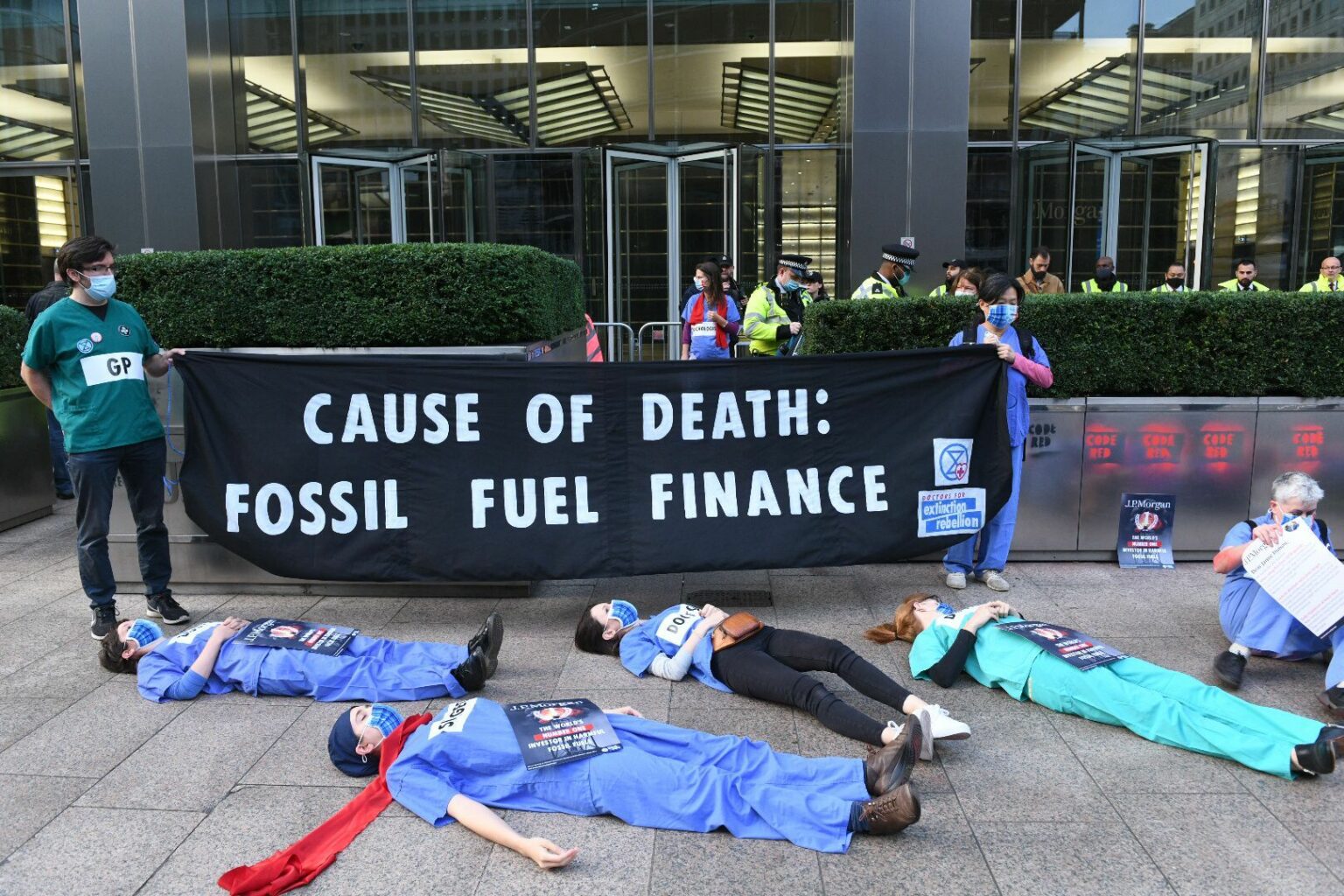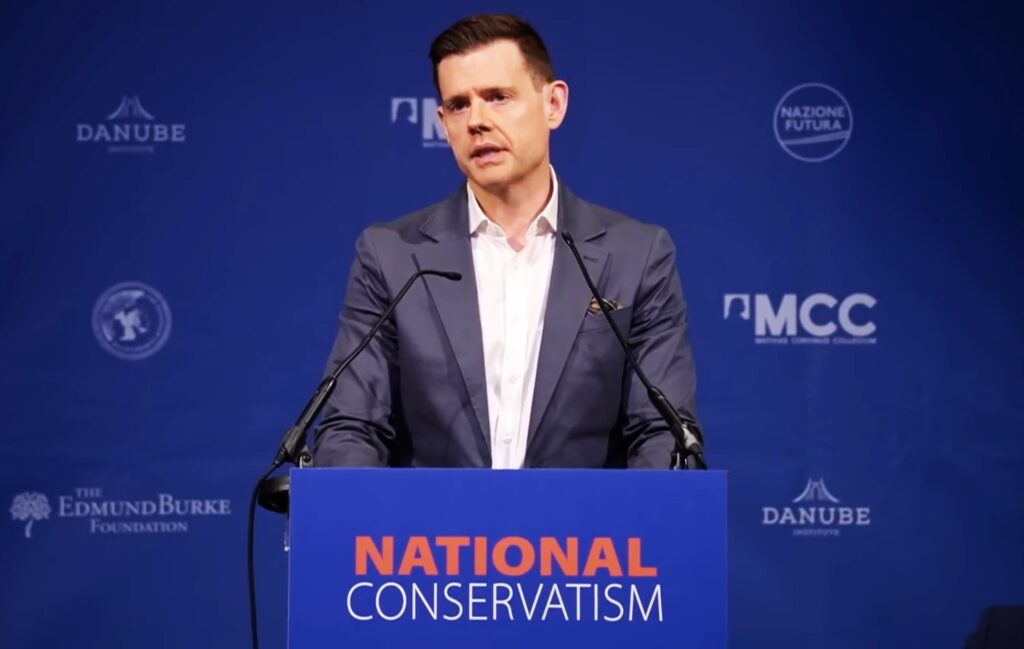Developed countries must do “much more, much faster” in their efforts to tackle the climate crisis, over 200 health journals have said in a statement warning of the unequal health impacts of rising global temperatures.
The editorial, published today in over 230 medical, nursing, and public health journals across the world, demands international coordinated action to limit global temperature increases, restore biodiversity, and protect health.
Authors from outlets including the British Medical Journal (BMJ), the National Medical Journal of India and the Chinese Science Bulletin draw attention to the disproportionate risks climate change poses to vulnerable populations, and demand wealthier nations increase their current targets of reaching net zero emissions by 2050.
The statement comes ahead of the UN General Assembly, starting in mid-September, one of the last global meetings taking place before the COP26 climate summit in Glasgow in November.
Dr. Tedros Adhanom Ghebreysus, Director-General of the World Health Organisation and one of the co-authors of the editorial, warned the risks posed by climate change “could dwarf those of any single disease”.
“The COVID-19 pandemic will end, but there is no vaccine for the climate crisis,” he said in a statement. “The IPCC report shows that every fraction of a degree hotter endangers our health and future. Similarly, every action taken to limit emissions and warming brings us closer to a healthier and safer future.”
‘No Temperature is Safe’
The editorial highlights the extra burden climate change is already placing on public health, noting a rise in heat-related mortality, health impacts from destructive weather events, the widespread degradation of ecosystems and malnutrition from impacted crop yield.
A radical redesign of society is required, the authors say, arguing governments should “transform societies and economies” by helping redesign transport systems, cities, production and distribution of food, markets and financial investments.
They also stress the importance of treating the climate crisis holistically, by including biodiversity in environmental targets. “Crucially, the destruction of nature does not have parity of esteem with the climate element of the crisis, and every single global target to restore biodiversity loss by 2020 was missed,” the editorial reads. “This is an overall environmental crisis.”
‘Protect our Well-Being’
Keeping temperatures to under 1.5C, as outlined by the Paris Agreement, hinges on wealthy nations with high historic emissions fulfilling explicit demands, the statement says. But it also calls on wealthier countries to “cut more quickly, making 2030 reductions beyond those proposed and reaching emissions before 2050”.
Developed countries should spend more on helping low income nations mitigate and adapt to climate change, the editorial argues, by fulfilling current commitments to spend $100 billion a year on these aims. An increased focus on adaptation would also help improve the resilience of health systems, it adds.
“A business as usual scenario would spell disaster for the planet,” warn the authors. “Governments must seize this opportunity to put forward ambitious climate goals for the sake of our health, for people worldwide and future generations.”
Professor Lukoye Atwoli, Editor-in-Chief of the East Africa Medical Journal, said that low and middle income countries “bear an inordinate burden of the adverse effects, including on health”.
“We therefore call for equitable contributions whereby the world’s wealthier countries do more to offset the impact of their actions on the climate, beginning now, and continuing into the future,” he said.
“Our governments must be held accountable for the commitments they make in reducing the temperature rise below 1.5 degrees centigrade, and be compelled to do even more. The year 2021 must be the turning point in our quest to restore nature and protect our collective well-being.”
Subscribe to our newsletter
Stay up to date with DeSmog news and alerts






